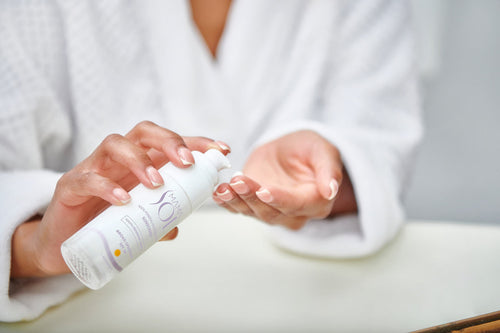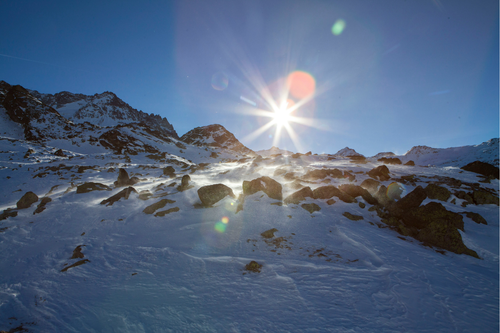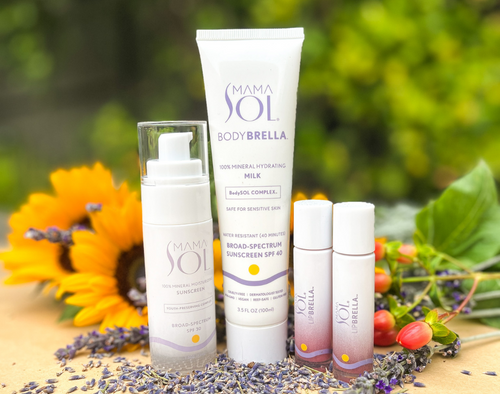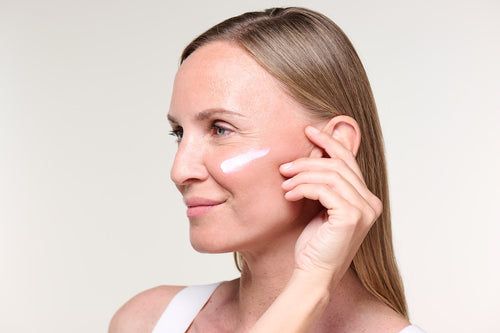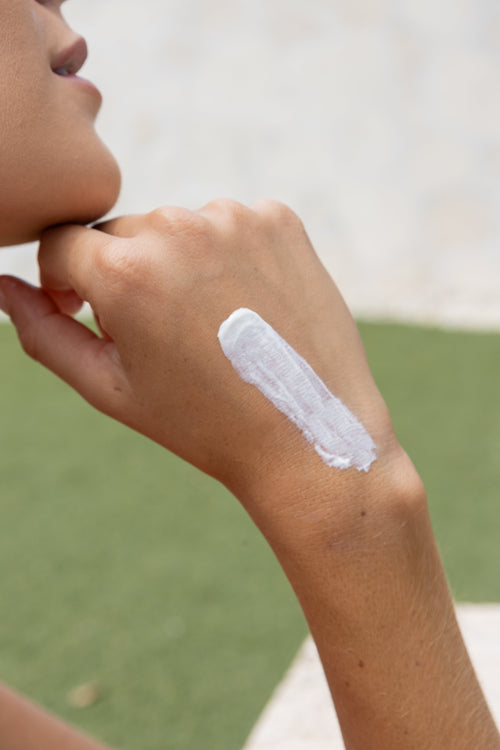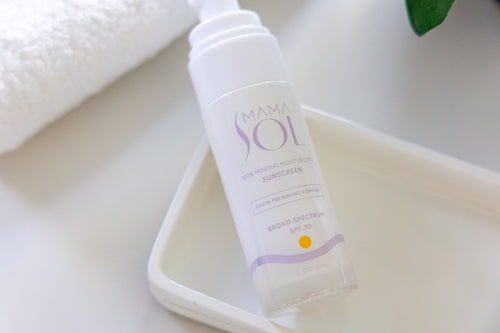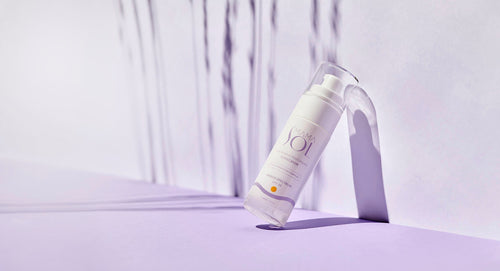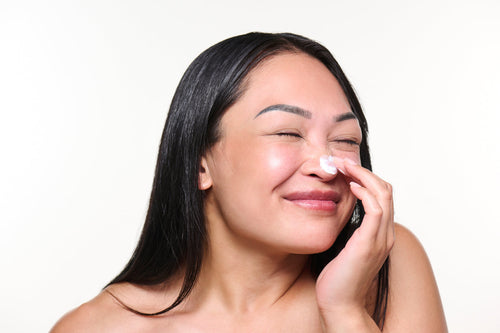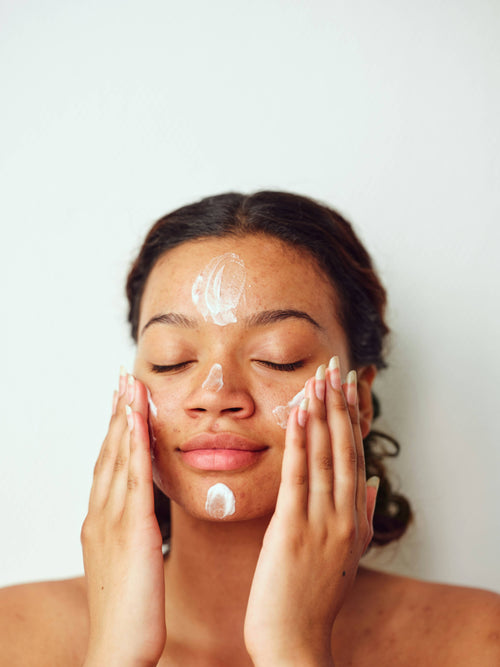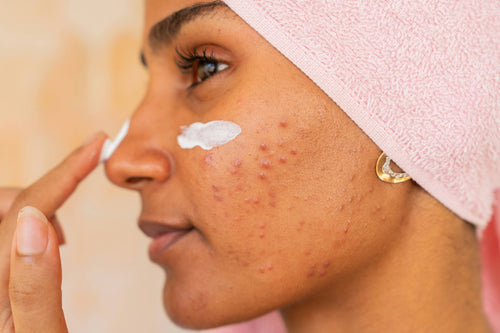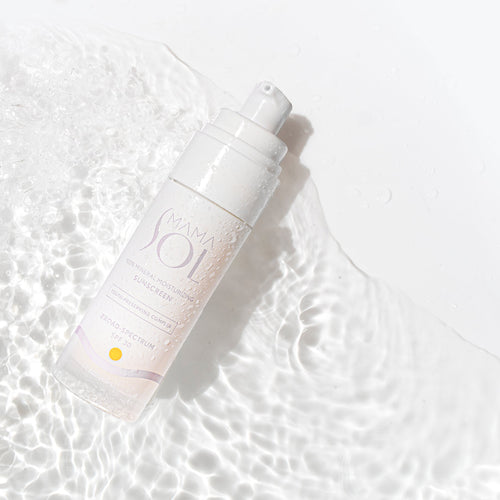
When the temperature drops, it’s easy to put away your sunscreen, assuming it’s a summer-only necessity. Winter is cold, often cloudy and overcast, and the sun doesn’t seem to shine as brightly, right? Raise your hand if you get SAD—seasonal affective disorder—like some of us. The vitamin D deficiency is real.
But here’s the truth: Sunscreen is as essential in winter as it is in summer. There are key reasons you should make wearing it a daily habit, even during the colder months.
Why Sunscreen is Important Year-Round
Sunscreen is more than just protection from sunburn. It acts as a shield against the sun’s harmful ultraviolet (UV) rays, which can damage the skin, cause premature aging, and even lead to skin cancer. UV rays come in two main types: UVA and UVB. While UVB rays are responsible for sunburns and are weaker in winter, UVA rays, which contribute to premature aging, remain just as potent. These rays penetrate deeper into the skin, causing aging and increasing the risk of skin cancer over time. UVA rays can also penetrate clouds, meaning that even on overcast days, your skin is exposed.
The perpetually strong presence of UVA rays is a significant reason why dermatologists recommend wearing sunscreen daily all year long, regardless of the season.
Read more about our "Do you need sunscreen indoors?" blog here: https://www.shopmamasol.com/blogs/b/do-you-need-sunscreen-indoors
Common Winter Skin Myths
Let’s talk about some persistent myths about wintertime sun exposure that often lead people to skip sunscreen.
-
"It’s cloudy, so I don’t need sunscreen."
This is one of the biggest misconceptions. In reality, up to 80% of UV rays can still penetrate through clouds. Even if the sky looks gray, those rays are reaching your skin and causing cumulative damage on a cellular level. UVA rays remain just as potent regardless of sky clarity and weather.
-
"Winter sun isn’t strong enough to cause skin damage."
While the sun may feel weaker in the winter than it is in spring or summer, the risk of UVA damage is constant. UV rays can harm your skin even if you don’t feel the heat, especially in regions with snow, where reflections can intensify exposure. You can definitely still get sunburned in winter, especially if you combine sun with the reflective effects of snow.
-
"Sunscreen is only for the beach or summer."
Sunscreen has always been associated with outdoor activities, summer fun, and vacations in sunny locations. However, any time you’re outdoors, you’re exposed to UV radiation. Whether you’re shoveling snow, hiking, or just commuting to work, UV rays don’t take a winter break.
Winter-Specific Skin Protection Needs
If you’re into winter sports like skiing, snowboarding, or snowshoeing, you’re more exposed to more UV rays than you’d think. Snow reflects up to 80% of UV light, meaning you’re getting a double dose—both directly from the sun and indirectly from the reflection off the snow. Higher altitudes also mean stronger UV rays, which further increases your exposure risk for premature damage and skin cancer.
Health Benefits of Wearing Sunscreen in Winter
There are many benefits to making sunscreen a part of your winter skincare routine:
-
Protection against premature aging and fine lines: Sunscreen is one of the most effective ways to prevent early signs of aging, like wrinkles and fine lines. UV rays contribute significantly to the breakdown of collagen, which causes skin to lose its elasticity over time.
-
Lowering the risk of skin cancer: By protecting your skin from both UVA and UVB rays, sunscreen reduces your risk of skin cancer, including melanoma.
-
Helping to maintain an even skin tone: Sun exposure can cause pigmentation and discoloration, which sunscreen helps to prevent, keeping your skin tone even and healthy-looking.
How to Choose the Right Winter Sunscreen
In winter, you’ll want a sunscreen that not only provides sun protection but also combats the dryness of colder weather. Look for a mineral broad-spectrum sunscreen with SPF 30 or higher. You’ll want to ensure your body and face have SPF protection from both UVA and UVB rays. For extra hydration, choose sunscreens that include moisturizing ingredients like hyaluronic acid or glycerin. Some sunscreen formulas add skin-nourishing antioxidants like vitamins C and E, which provide added protection against environmental stressors.

FACEBRELLA™ 100% Mineral Moisturizing Sunscreen SPF 30
Easy Tips for Applying Winter Sunscreen
Applying sunscreen in winter is just as straightforward as in summer. Here are some tips to ensure you’re fully protected:
-
Incorporate sunscreen into your daily routine: Apply it after moisturizing and before makeup. Using sunscreen as part of your morning routine ensures you won’t forget.
-
Don’t neglect commonly missed areas: This includes your ears, neck, lips, and even the tops of your hands, which are often exposed. Lip balm with SPF is a great choice for added lip protection, especially in drier, colder weather.
-
Reapply as needed: If you’re spending more time outdoors, especially in high altitudes or snowy conditions, reapply at least every two hours for maximum protection.
Sunscreen is one of the simplest yet most powerful tools for maintaining and protecting skin health all year round. By shielding your skin from the cumulative damage caused by UVA rays, you’ll be doing your future self a favor, reducing your risk of skin cancer, and helping your skin look its best for the years ahead. So as you bundle up this winter with extra layers, don’t forget the sunscreen. Make it a part of your daily routine, and enjoy the peace of mind that comes with knowing you’re taking a proactive step toward healthier skin.






